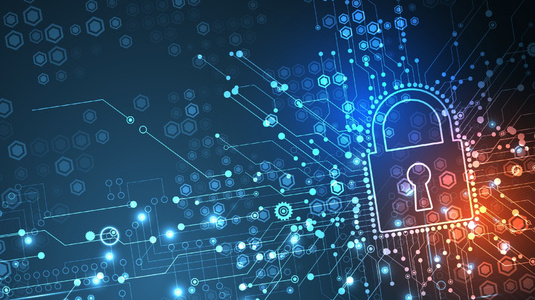Defining ‘responsible cyber power’ and putting it into practice (Guest blog by BAE Systems)
So what does cyber power mean, and how can it be put into practice?
Cyber power first emerged as an academic topic in 2010, re-entered strategic security and defence conversations a few years ago with the release of indices and measures from think tanks[1], and is now gathering interest among industry experts. For a recent discussion turn to online publication Teiss, and visit the BAE Systems Responsible Cyber Power pages for a more detailed exploration of the concept.
The term cyber power is multifaceted. As some aspects of cyber power have military connotations, there is a tendency to focus on the offensive element. But this doesn’t capture even half of the picture. If we think about cyber power as describing the effective execution of all elements of cyber operations and having influence on an international stage, it is much wider.
Starting and finishing with resilient cyber defences
At a fundamental level, the resilience of the UK’s digital economy and its military capabilities, as well as the preservation of society’s core values of democracy and free speech, all depend on having strong cyber defences. Without these, our ability to grow our digital economy, build relationships and business with other countries, and pursue military or intelligence missions effectively and sustainably is significantly weakened, along with the ability to present a convincing and positive narrative of cybersecurity to partner countries.
Indeed, having a strong cybersecurity capacity is fundamental to the delivery of domestic cyber resilience and technology leadership and innovation, as well as providing opportunities to export services to partner countries.
Some countries have strong cyber capabilities, but a different idea of cyber power
There is an urgent need for democratic nations to lead the conversation around responsible behaviours in cyberspace, and if we want to engage others on the topic, it is important to share a positive vision.
Aside from offensive cyber activities, nations can also explore the softer side of cyber power, such as cyber capacity building and threat-intelligence sharing. This involves sharing expertise in cybersecurity, offering other countries advice and helping allies to build their digital infrastructure and cybersecurity capability.
By providing practical help and supporting other countries to develop their own cybersecurity foundations, the UK will be able to build relationships and influence overseas. Not only that, it will also provide strong export possibilities, giving UK industry and government an opportunity to work together for common advantage.
Creating a diverse cyber workforce
Collaborating to create a collective, diverse cyber workforce is also vital. To be a leading responsible cyber power, we need the right skill sets in place. We need to pull together a variety of mindsets across many cultures and social backgrounds to be able to solve complex, emerging cybersecurity challenges and, in turn, enhance defences and exports. Security governance should be set by working groups reflecting the diversity of the nation it governs, to spot and move away from systematic biases in the workplace and online experiences.
Having the opportunity to shape responsible cyber power is significant, and working together across government, industry and academia will prove key.
[1] National Cyber Power Index 2020 | Belfer Center for Science and International Affairs and
Cyber Power – Tier One (iiss.org)
Help to shape and govern the work of techUK’s Cyber Security Programme
Did you know that nominations are now open* for techUK’s Cyber Management Committee? We’re looking for senior representatives from cyber security companies across the UK to help lead the work of our Cyber Security Programme over the next two years. Find out more and how to nominate yourself/a colleagues here.
*Deadline to submit nomination forms is 17:00 on Tuesday 18 October.
Upcoming events
Get involved
All techUK's work is led by our members - keep in touch or get involved by joining one of the groups below.





